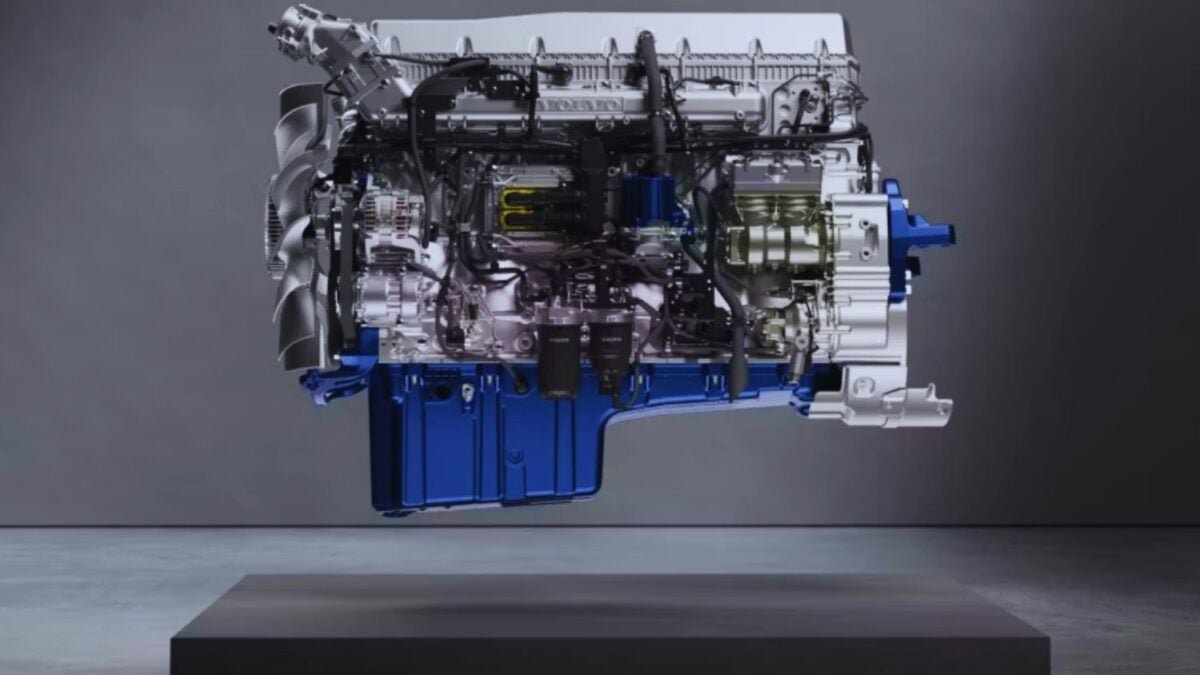The combustion engine is not dead: Resurrects with hydrogen and only expels water vapor

For years it seemed like destiny was written: . But the energy transition has never been a straight path. Between heavy batteries and long charging times, an alternative emerges that combines the best of both worlds:
Hydrogen instead of diesel
The idea is simple, yet revolutionary. —tested for over a century— and adapt it to run on low-emission hydrogen. This way, a traditional engine can survive the energy transition,
The result is twofold: . Instead of waiting for the entire infrastructure for electric trucks to develop, manufacturers can leverage what already exists and take an intermediate step towards decarbonization.
MAN and Volvo lead the way

In Europe, two heavy transport giants already have concrete plans. . Volvo, on the other hand, will start similar tests in 2026 with the expectation that this technology will play a significant role in its future sales.
Both companies highlight the advantages over electric vehicles: . For long-distance transportation, these features can make a difference.
The big challenge: green hydrogen
The enthusiasm, however, faces a key obstacle: . Producing it at scale remains expensive and the infrastructure for its distribution is still limited. Europe and the United States are investing in projects that promise to expand the supply, but the reality is that, for now, the supply is not enough for a massive deployment.
This forces manufacturers to consider transition solutions, such as the use of biogas or natural gas, while accelerating the construction of plants and supply networks.
A second life for combustion
Beyond the challenges, has a symbolic value: it demonstrates that the combustion engine, far from being doomed, can reinvent itself to survive in the era of sustainability. And it’s not just about technology: it involves preserving jobs, keeping factories running, and facilitating a less abrupt transition towards a emissions-free future.
In that future, . The difference is that, instead of smoke, they would leave behind something much more harmless: a cloud of steam.




